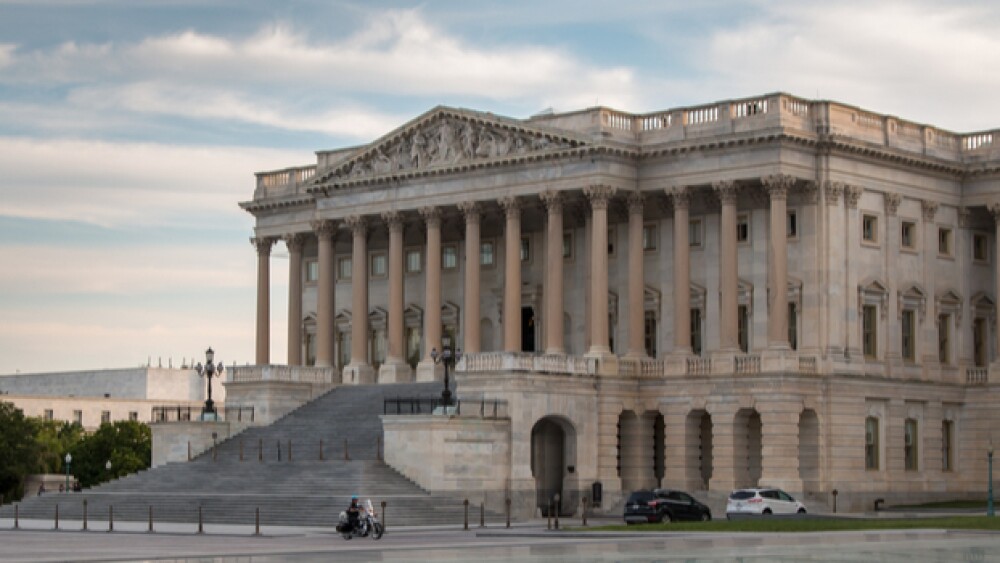As federal lawmakers continue to wrangle over legislation to help curb the opioid crisis in the United States, the House of Representatives is showing some division over the costs that some pharmaceutical companies may have to pay for Medicare coverage.
As federal lawmakers continue to wrangle over legislation to help curb the opioid crisis in the United States, the House of Representatives is showing some division over the costs that some pharmaceutical companies may have to pay for Medicare coverage.
The issue relates to a budget bill passed earlier this year that pushes the timeline up from 2020 to 2019 for pharmaceutical companies to cover larger portions of costs for their medicines that are covered through Medicare Part D. The costs have typically been considered out of pocket expenses for individuals.
As the House addresses a number of bills aimed at curbing the opioid crisis, PhRMA, the lobbying arm of the pharmaceutical industry, is urging House members to include a provision in the opioid bill to roll back that Medicare coverage plan to its 2020 date, The Hill reported this morning. It is certainly a move that has many people up in arms and PhRMA and Republican lawmakers, who are in the House majority, are the target of their ire.
The Hill noted that Ben Wakana, executive director of Patients for Affordable Drugs, tweeted out his opposition. On his Twitter account, Wakana said “Big Pharma” is “trying to use the opioids bill as a vehicle to give themselves $4 billion windfall.” He said many of these companies are the ones that contributed to the opioid crisis in the first place, The Hill said.
Opioid addiction has become a scourge across the United States. According to the U.S. Department of Health and Human Services, 116 Americans die daily from opioid overdoses. The U.S. Centers for Disease Control and Prevention (CDC) released a report earlier this year that shows opioid-related emergency room visits spiked 30 percent across the states between July 2016 and September 2017. Midwestern states were particularly hard hit with spikes of 70 percent, the CDC report said.
Whatever the House does, it will have to be approved by the Senate. Earlier this week the U.S. Senate overwhelmingly passed a package of 70 bills aimed at the opioid crisis that included provisions to require carrier companies like FedEx or UPS to more carefully screen packages coming into the country for illegal opioids. The Senate plan also addresses regulatory changes that would help opioid-addicted individuals have better access to treatments. The legislation would also allow federal agencies to award grant money to state and local organizations battling the opioid crisis, The Hill reported.
The two chambers will have to hash out any differences in the legislation before passing a cohesive bill.
Taking on the opioid crisis is something that the White House has been advocating. Earlier this year President Donald Trump called on U.S. Attorney General Jeff Sessions to file lawsuits against certain drug manufacturers whose drugs have contributed to the opioid crisis. The U.S. Department of Justice has already gotten involved in the legal matters between state and local governments and opioid manufacturers. In April the Department of Justice filed a motion to participate in settlement discussions as a “friend of the court.” A friend of the court provides information and expertise in order to assist a judge in rendering a verdict. The friend of the court filing comes about a month after the DOJ formed a task force to target opioid manufacturers and distributors for the roles they have allegedly played in the increase of addiction across the country. The DOJ said it intended to use criminal and civil penalties to hold people accountable if they are convicted of adding to the crisis.





